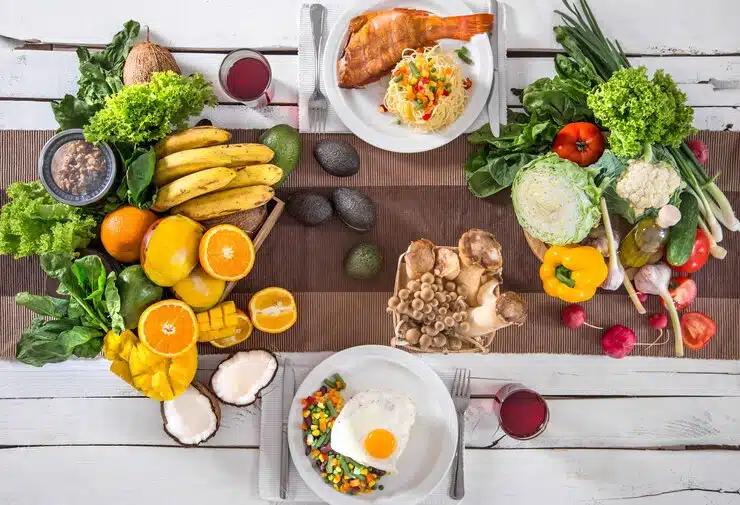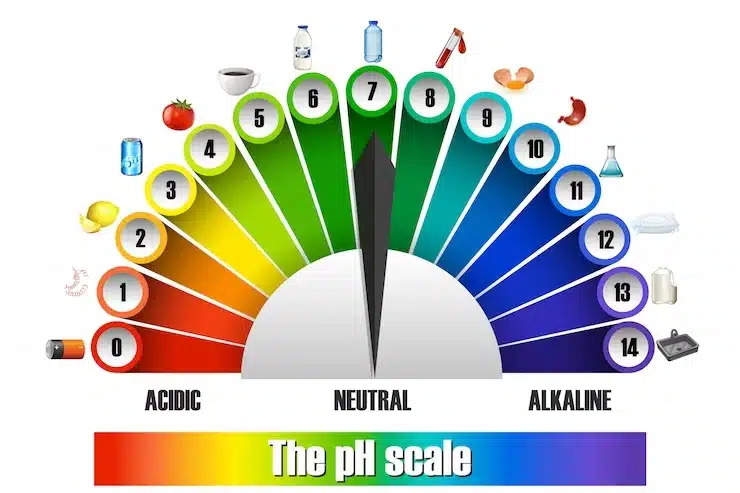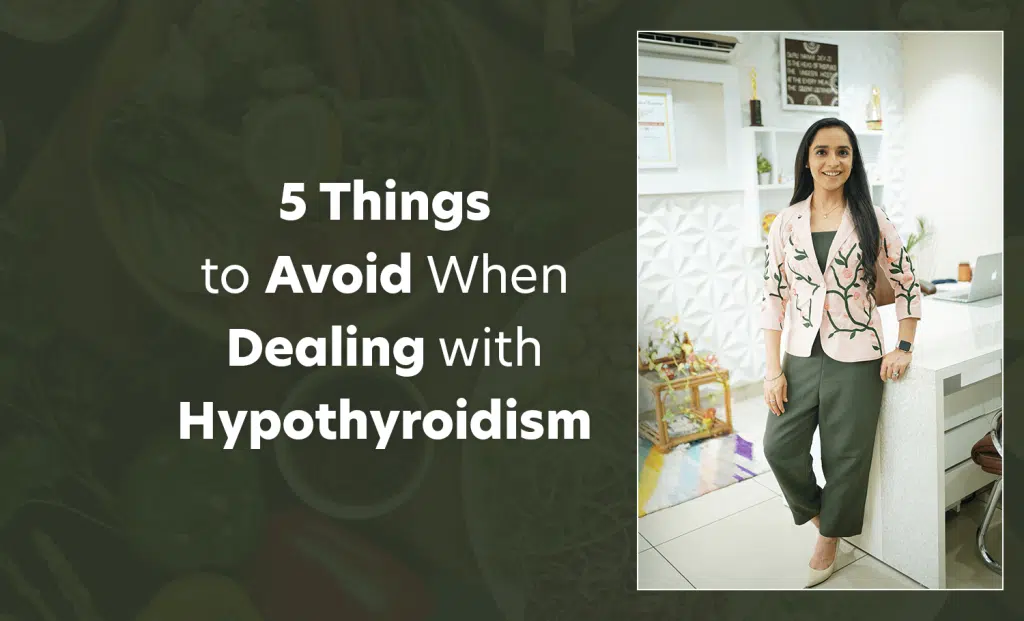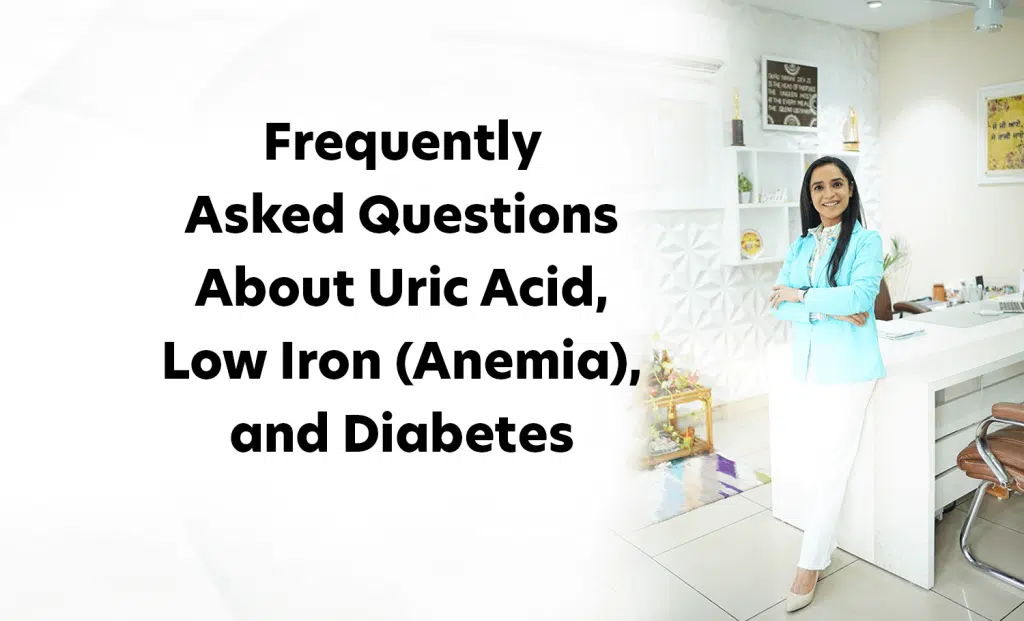“It is often said that eating a meal takes a relatively short amount of time, while the process of cooking the food requires much more time and effort.”
Time consumed in cooking takes much less time compared to efforts and hardwork invested in earning that food.
The effort in growing the food we eat by the farmers is immeasurable compared to that of earning the food.
So, as we sit down to enjoy a delicious meal, it’s easy to forget the hard work and dedication that goes into every single bite.
Let us take a moment to appreciate the hands that toil to cultivate the land, the hearts that work to earn a living, and the souls that cook with love and care. By expressing gratitude and respect to those who make our food possible, we not only Nourish our bodies but also enrich our souls.
This deep sense of appreciation for all those involved in the process can lead to a profound connection with our food, potentially helping to resolve any gut issues we may be experiencing.
If you’re serious about your gut health and looking to resolve issues like Constipation, Acidity, Bloating, or even Chronic conditions like IBS or Ulcerative Colitis, working with a qualified dietitian in India can help you get valuable insights and personalized guidance.
Here are 5 essential things you should know:

1.Prebiotics and Probiotics
Both prebiotics and probiotics play vital roles in maintaining a healthy gut.
Let’s delve into why prebiotics take the lead in supporting our gut health.
Probiotics are naturally present in our gut from birth, acting as beneficial bacteria that promote digestion and overall well-being.
On the other hand, prebiotics act as Nourishing Fertilizers, providing the ideal environment for probiotics [Seeds] to flourish.
Without proper prebiotics [fertilizers], even the most abundant probiotics [seeds] may struggle to do their work effectively.
So, Prebiotics are more important than Probiotics.
So, ensure to incorporate prebiotic-rich foods into your diet such as
- Onions,
- Garlic,
- Flaxseed,
- Bananas,
- Sources of Resistant Starch, such as reheated rice, potatoes, and pulses, act as excellent prebiotic sources.
You must be wondering what Resistant starch is and how its content can be increased?
Resistant starch is a unique form of starch that resists digestion in the small intestine. One way to increase the content of resistant starch in foods like rice is by cooking it one day in advance and then reheating it at a low flame. This process alters the structure of the starch, making it more resistant to digestion. This type of starch acts as a prebiotic, providing nourishment to beneficial bacteria in the gut, supporting digestive health.
So, load up on these prebiotic-rich foods to keep your gut happy!

2. A Lemon – An Alkaline Goodness
If you suffer from acidity, you might be hesitant to try lemon. But here’s the deal – Lemon might taste acidic, but once consumed lemon is metabolized in our gut, changing its pH level and becoming alkaline in nature.
So, if you suffer from acidity, don’t shy away from trying lemon.
Instead, test it out and see if your body accepts it well. You may be surprised to find that lemon doesn’t increase acidity as you might have feared.
So, it won’t worsen your acidity. Lemon helps maintain a healthy pH level in your gut, which is crucial for proper digestion and nutrient absorption.
Plus, don’t just use the lemon juice; include the lemon peel too, as it’s packed with extra micronutrients like Phosphorus, making it even more beneficial for your health.

3. Fermented Food - Friend or Foe?
Fermented foods have gained popularity for their potential to aid gut health. Varieties like Kefir, Kombucha, and Sauerkraut, as well as traditional Indian dishes like Dosa, Idli, Handvo and Pickles, are known for their probiotic benefits.
However, it’s essential to recognize that fermented foods may not suit everyone’s gut.
While some people find these foods friendly to their gut, others experience issues like Acidity, Bloating, or Gastric discomfort.
The key here is to listen to your body and observe how fermented foods affect you. Determine whether they help in growth of friendly bacteria in your gut or act as an enemy disturbing your gut health.

4. Maintaining the Acidic pH Balance
Your gut health is totally proportional to the acidic level of your gut.
Too much acidity can lead to an alkaline gut environment, while too little amount of acid can hinder the release of essential digestive enzymes important for digestion.
Aim for a pH level between 1 to 3, as this fosters the release of digestive enzymes, such as Hydrochloric Acid (HCL). These digestive enzymes are vital for absorbing iron, calcium, vitamins, minerals, and other micronutrients.

5. The Vagus Nerve - A Connection Between Gut and Mind:
A fascinating connection exists between your gut and brain through The Vagus Nerve. This neural pathway serves as a direct link to your thoughts and emotions to your gut.
For example:
Ever felt those butterflies in your stomach before a big event where you are gone giving a speech, or exams or when you are traveling?
That’s the mind-gut connection in action!
So, whatever is going on in your Mind affects your Gut.
To heal your gut, work on your MENTAL HYGIENE.
By nurturing a positive and mindful mindset, we can positively impact our gut health. When we prioritize Mental Hygiene, about 90% of gut issues find resolution on their own. Cleaning our minds allows our gut to heal.
Whenever this connection loses, gut issues start popping up.
To heal our gut, we must foster a relationship with our food, just as we do with our Family members. Just like how we feel when a family member is upset with us, our gut can also react negatively if we consume food that doesn’t suit us. Therefore, we should approach eating with gratitude, positive vibes, and a genuine connection to our food.
Avoid eating out of FEAR OR GREED. Eating too little out of fear or eating too much out of greed can have a harmful impact on our gut health.
Instead, let’s create a harmonious bond with the food we consume, treating it as a blessing that nourishes and supports our well-being.
The Energy and Vibration we offer to our food will reflect in how our body responds to the food consumed. So, building a positive connection with what we eat can be the key to healing our gut issues.
Key Takeaways:
Remember, our bodies are unique, and food affects each individual differently. With gratitude and mindfulness, we can find what truly nurtures our gut and promotes good gut-health.
By developing a positive and appreciative relationship with our food, we can create a nurturing environment for our gut and set the stage for healing and well-being and protect our gut health if we are serious about it.




